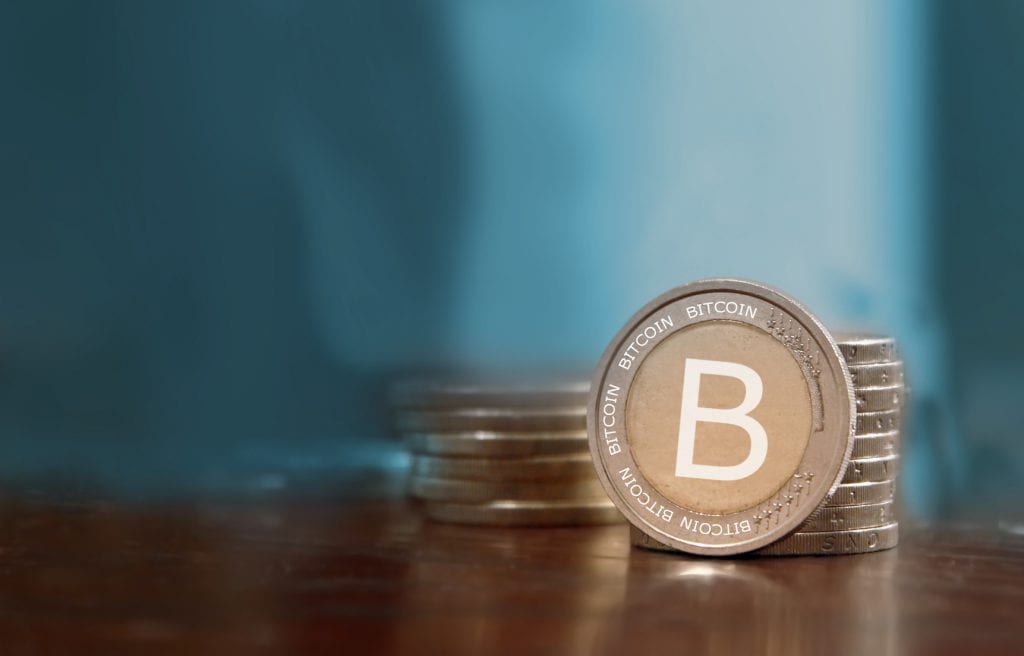This article in FintekNews describes a new cryptocurrency the Mitsubishi Bank will pilot in 2019. MUFG Coin will of course meet all banking regulations and its value tied to the Yen. Bitcoin advocates will almost certainly hate MUFG Coin because it isn’t anonymous and remains coupled to the value of the Yen:
“When one of the largest banks on the globe announces a game-changing project everyone needs to sit up and take notice. Japan’s Mitsubishi Financial Group, easily one of the top five banks in the world, is going to create its very own cryptocurrency. Mitsubishi’s intention is to begin testing a proprietary cryptocurrency by 2019 by letting a handful of customers (100,000) use their new coin to make retail purchases and allow the bank to “work out the bugs” before a full roll out. Dubbed the MUFG Coin, it is designed to facilitate transactions to buy food, clothing and basic everyday needs. It is pretty common knowledge that Asia is far in front of the rest of the world in fintech innovation, but this is REALLY big news on the banking front, and sure to encourage other variations globally.
The MUFG Coin’s users will need to download an app that will convert fiat deposits into the token which is designed to be at parity with the Yen. Basically Mitsubishi, after participating in various thought groups with other banks on crypto-solutions, decided to ‘just do it’ and create their own digital currency. Remember, in Japan bitcoin core (BTC) is ruled legal tender and is already used to buy everything from airline tickets to sushi. However, the MUFG Coin is designed to “be better than bitcoin” and lower transaction costs significantly.”
This is not the first time a cryptocurrency has been made available that follows all the laws of a particular country, for example Canada continues to offer the Mint Chip which is similar to the MUFG Coin in many ways. The primary challenge for Mint Chip and MUFG Coin, just as it is with every other cryptocurrency including bitcoin, is very limited merchant acceptance. So we might ponder how widely a cryptocurrency needs to be accepted before it can legitimately be called a currency?
Overview by Tim Sloane, VP, Payments Innovation at Mercator Advisory Group
